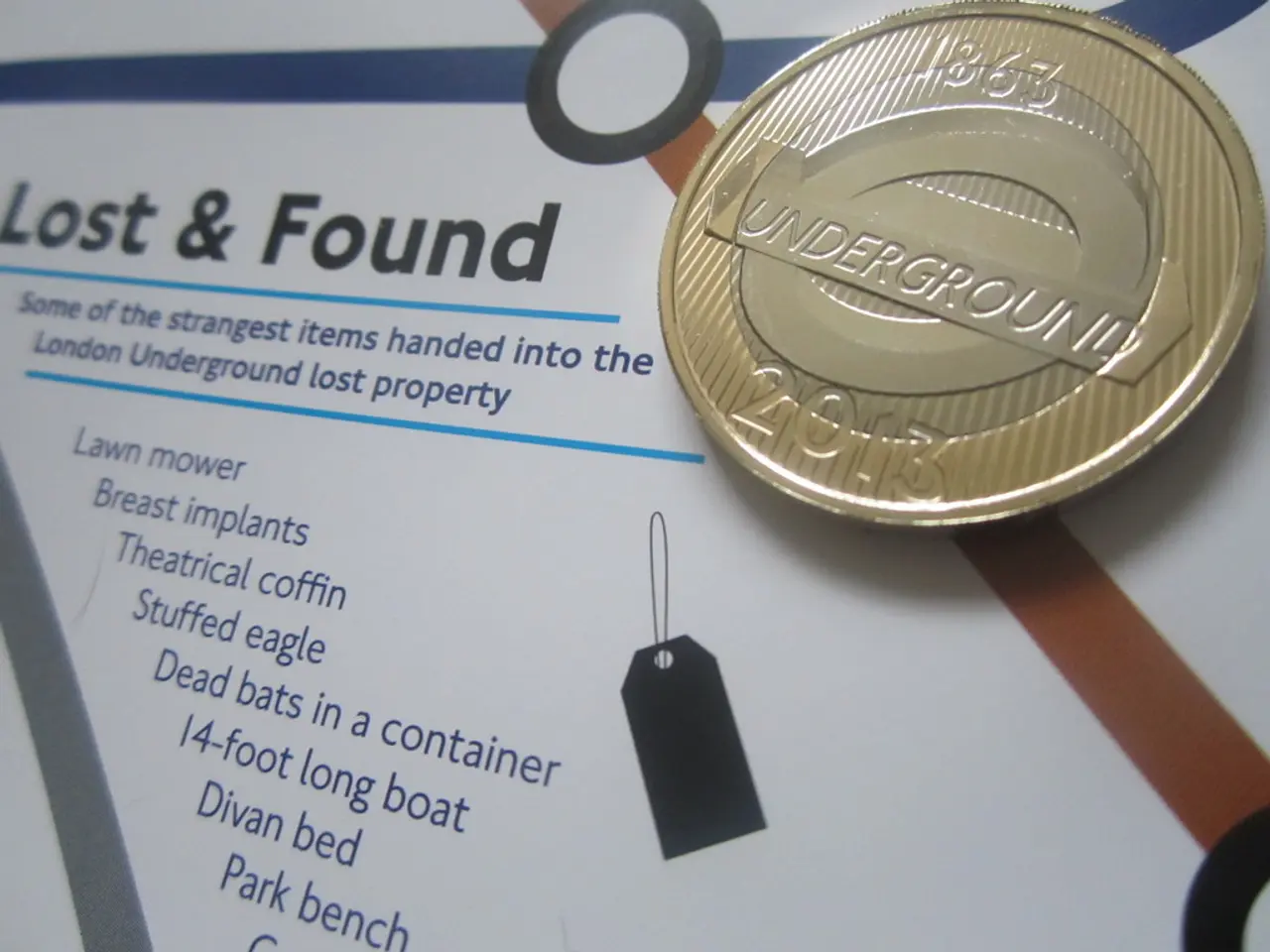Funding the Indian Approach to Renewable Energy (Part 2)
The Rural Electrification Corporation Limited (REC), a "Maharatna" public sector enterprise in India, was established in 1969 under the Ministry of Power with a primary objective of financing rural electrification projects. Over the years, REC's mandate has expanded to include financing power generation, transmission, and distribution projects, as well as renewable energy projects.
REC plays a key role as a financing enabler for India's renewable energy structure. The institution, which is one of the prominent Non-Banking Financial Institutions (NBFIs) in the country, has been instrumental in financing large-scale renewable energy projects in India.
In July 2024, REC collaborated with Deutsche Bank's GIFT City branch to provide a US$200 million green loan aimed at financing eligible green projects in India. This collaboration underscores REC's commitment to sustainable financing practices.
Public sector banks (PSBs) lead the debt financing of large-scale renewable energy projects requiring long-term financing (more than 15 years). However, NBFIs like REC also provide term loans, project financing, and bridge financing for renewable energy projects. Foreign currency borrowings contribute 29% of REC's overall borrowings, 99% of which are hedged until maturity.
The Indian government encourages the adoption of innovative financing mechanisms such as public-private partnerships and structured financing instruments to sustain infrastructure growth. The Ministry of New and Renewable Energy (MNRE) formulates policies, offers subsidies, and provides tax incentives for renewable energy projects. State Renewable Energy Development Agencies (SREDAs) facilitate project execution and manage state-specific subsidies and incentives for renewable energy projects.
REC's loan book stood at €57 billion in March 2024, with the portfolio consisting of conventional power generation, transmission, distribution projects, and renewable energy. The institution aims to grow its renewable loan book portfolio from 9% to 30% by the end of 2030.
Indian Renewable Energy Development Agency (IREDA), another government-backed financial institution specializing in renewable energy project financing, supports REC in financing renewable energy technologies. Multilateral financial institutions like the World Bank and Asian Development Bank also lend their support.
REC has been appointed as the National Program Implementing Agency for the 'PM Surya Ghar Muft Bijli Yojana', aiming to install rooftop solar systems on 10 million residential households by March 2027. This initiative is a testament to REC's commitment to renewable energy and sustainable development.
In 2022-23, REC expanded its business portfolio to include lending to the non-power infrastructure and logistics sector. However, its focus on renewable energy remains a significant part of its mission. As of 31 March 2024, the asset portfolio is well diversified with no single borrower representing more than 10% of the portfolio.
Deutsche Bank provides support for India's renewable energy sector, as does the Indian government, which encourages the adoption of renewable energy technologies to meet its ambitious renewable energy targets. NBFIs like REC play an instrumental role in ensuring India meets these targets, contributing significantly to the country's renewable energy sector.
Read also:
- Increasing Incidences of Tularemia Warrant Immediate Response, States CDC
- U.S.AID Policy Reversals under Trump: India Expresses Concern as China Seizes Opportunity
- Study at Hohenheim paved way for twenty-five years of fixed retail prices
- Fast Charging operators, specifically Fastned and Tesla, represented approximately 44% of the Dutch network by May 2025.








